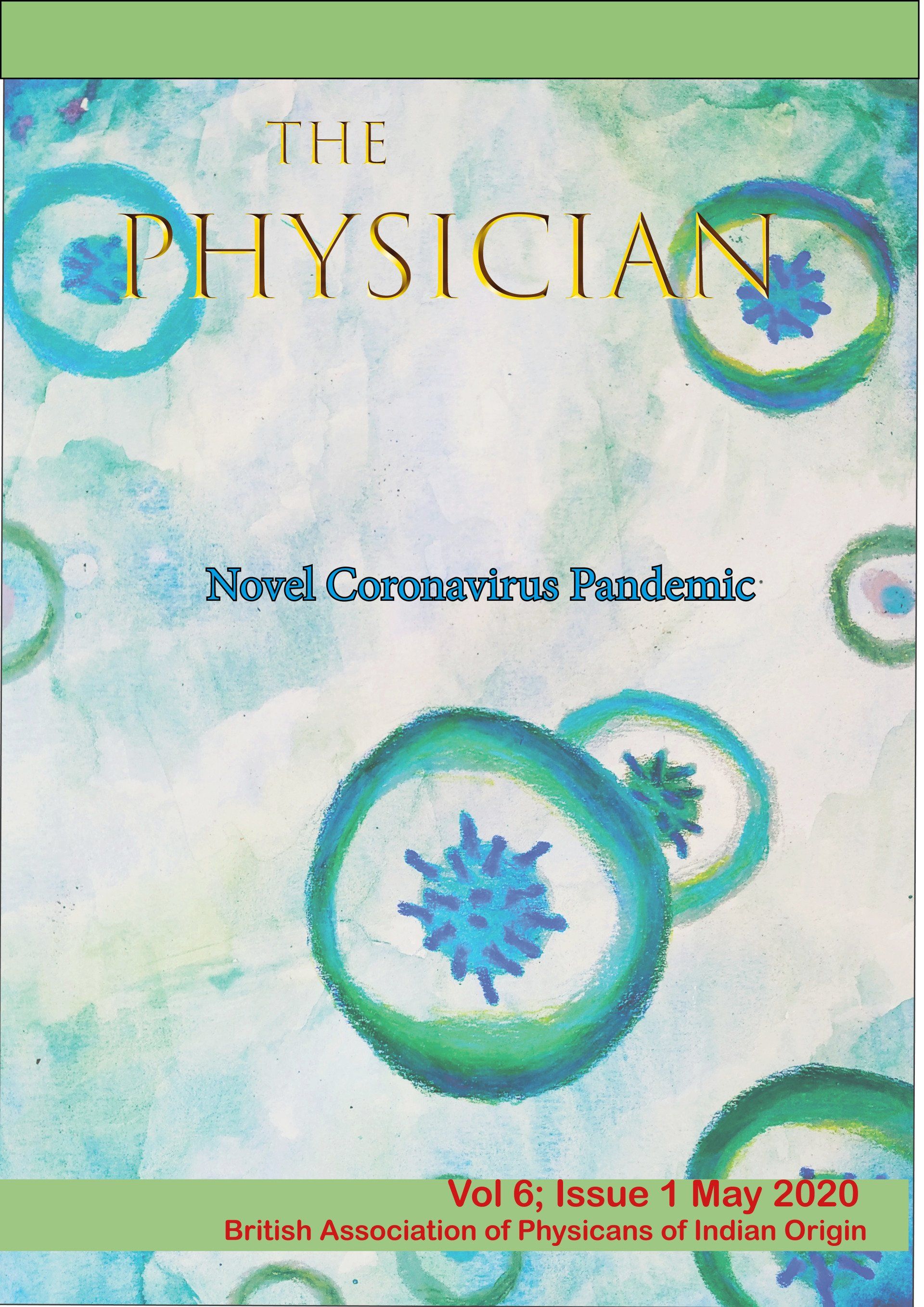COVID VACCINE STUDY
Study Exploring COVID Vaccine Views for Black & Ethnic Minority Healthcare Workers
Study Exploring COVID Vaccine Views for Black & Ethnic Minority Healthcare Workers
St Georges University Hospital, BAPIO Institute for Health Research and our partners are keen to understand your views on the COVID-19 vaccines offered to Healthcare workers in the UK as a matter of priority. If you are eligible for the vaccine and have a Black or ethnic minority background, we are interested in your views.
CONFIDENTIAL STUDY QUESTIONNAIRE
CONFIDENTIAL STUDY QUESTIONNAIRE
We are inviting you to participate in this study by completing a short 5-min online questionnaire. This questionnaire is completely confidential and we will not be asking you for any personally identifiable data. The study has been approved by the St Georges University Research & Ethics Committee (No 2021.0047).
At the end of the questionnaire you will be offered the option of enrolling in the second phase of the study which will involve a 30-min, confidential focus group. It is completely optional and you do not have to participate in the second part of the study. If you have any questions about the study you can contact the Chief Investigator by email (indranil.chakravorty@nhs.net). If you have any questions about the ethics approval, you can contact the ethics committee by email (sgulrec@sgul.ac.uk)
You can access the study documents by clicking the links below
- Participant Information Sheet (V1.1 24.01.2021)
- Study Protocol (V1.1 24.01.2021)
Summary
Vaccinations have always been offered to patients with a choice. Refusal of the vaccination can be a risk to society and themselves. Data from surveys suggests that there is wide variation in vaccine acceptance for people, including healthcare workers from BME backgrounds. This is particularly concerning as there is increased risk of morbidity and mortality in people from BME backgrounds in COVID-19.
Healthcare workers are important in providing role models and cascading health messages to the communities they live in. We are looking at the reasons behind the refusal of COVID19 vaccinations amongst healthcare workers and comparing this with the acceptance of the annual vaccination for influenza. Understanding the barriers can help healthcare professionals change their approach towards healthcare workers and ultimately patients refusing or hesitant to receive the COVID19 vaccination.
The research output can help develop interventions which may mitigate these barriers and improve the effectiveness of the UK vaccination rollout.




